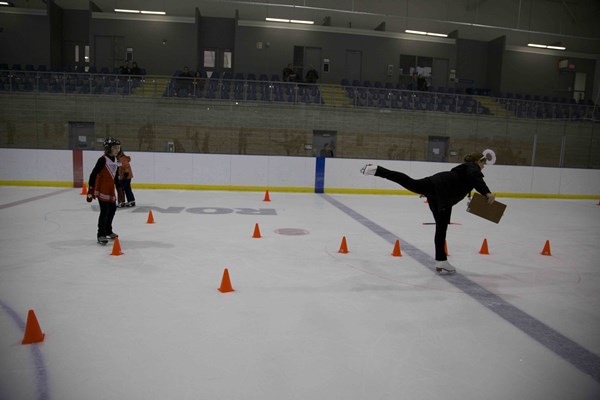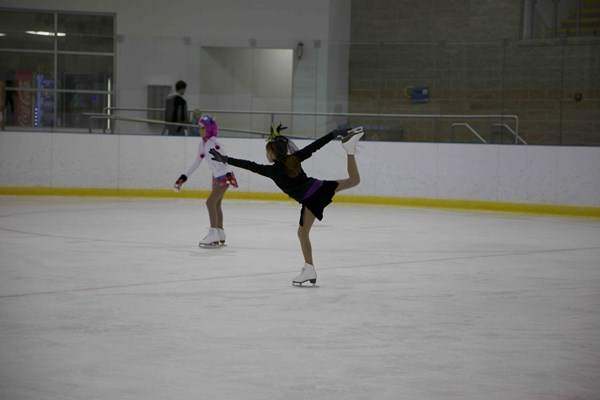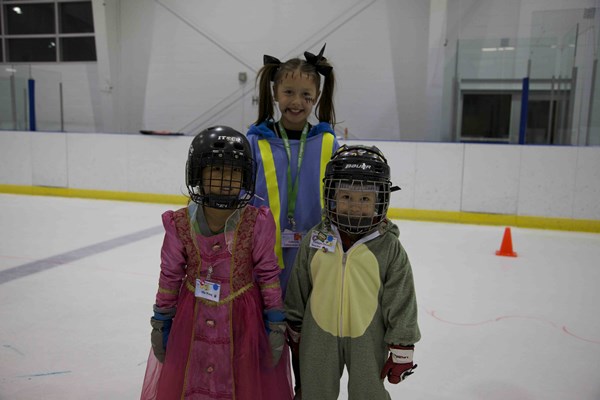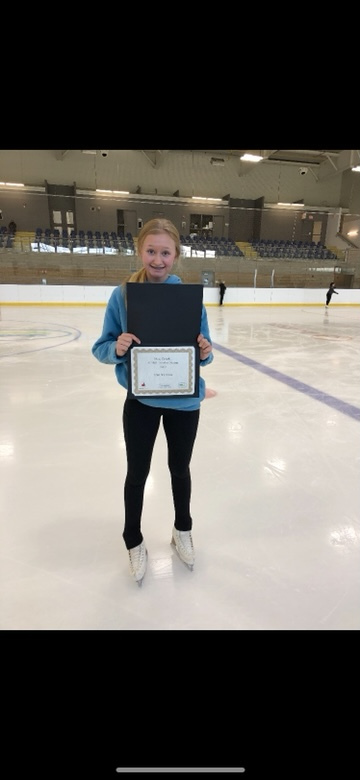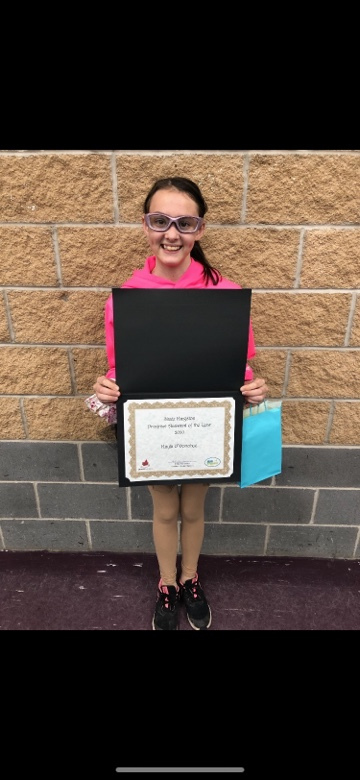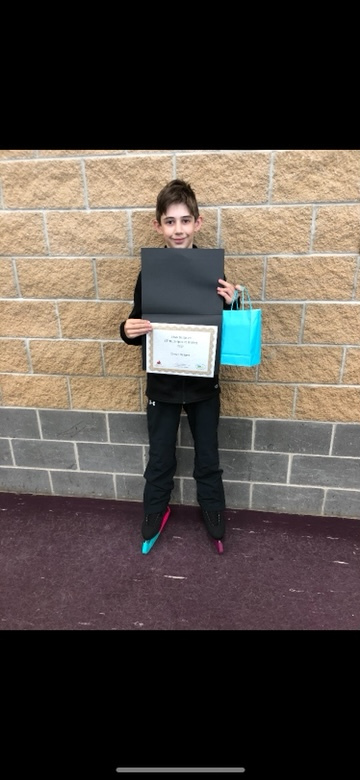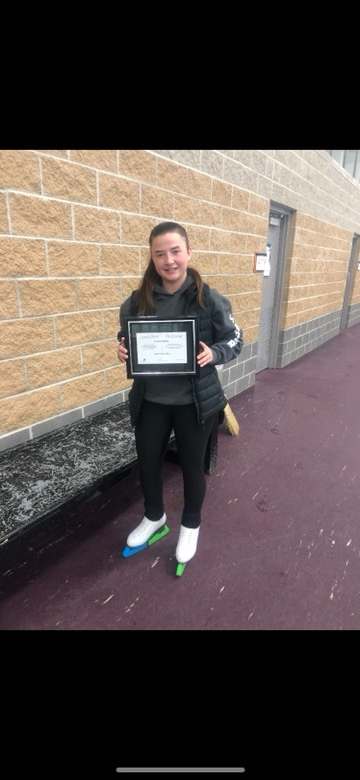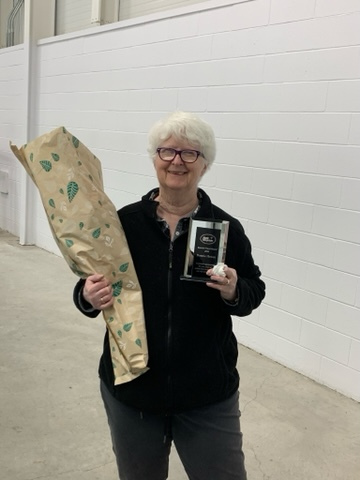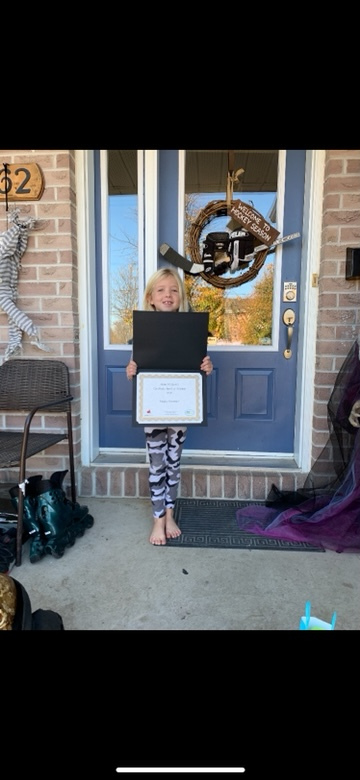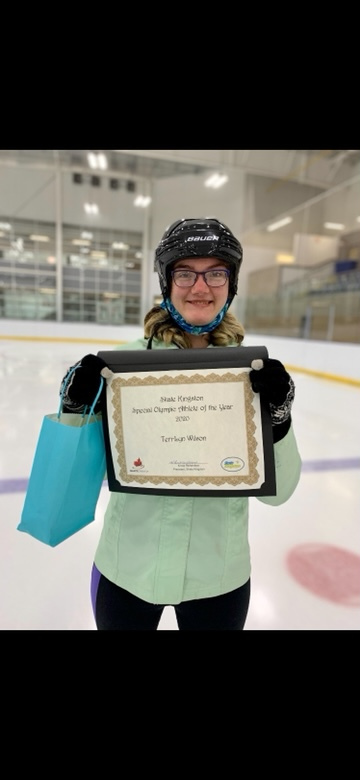Our Junior session is typically one hour in length. This program will offer a 45 minute group lesson, followed by independent practice time. The Junior program is the next step from CanSkate, for those skaters interested in figure skating. Skaters in this program must have achieved Level 5 in CanSkate. The program will introduce skaters to the disciplines of figure skating: skills, dance and freeskate incorporating lessons in each area. Private lessons may also be arranged in this program. Parents are responsible to make these arrangements and to pay the coaching fees associated with private or semi-private lessons directly to the coach.
The group lesson will focus on the skills in Stage 6 of the CanSkate program, developing skills that will help skaters transition from badges to the test program.. Once skaters have completed badge 6 they will move on to STAR 1 dance, freeskate and skills.
Once your child passes Stage 6 in the CanSkate program, they will begin the STARSkate program, which stands for Skill-Test-Achievement-Recognition. Skaters in STARSkate are able to progress through the system at their own rate, exploring many avenues of interest. STARSkate provides the tools for skaters to develop self-confidence, motivation, time management skills and determination. This is where most skaters develop a passion for the sport that carries with them for a lifetime. Friendships are made, goals are achieved and celebrated, as skaters learn about themselves and develop their self-image. Skaters are able to experiment in various skating disciplines in a non-threatening and friendly atmosphere.
Dance, in the STARSkate program consists of STAR 1-5, then onto high tests consisiting of Senior bronze, Jr. Silver, Sr. Silver and Gold with 3-5 dances per level. In the junior program, skaters will be working at STAR 1 level.
Free Skating levels match the Dance levels; STAR 1-5, Senior Bronze, Jr. Silver, Sr. Silver and Gold. Each free skating test consists of 2 parts – Part A: Elements in Isolation and Part B: Program. In the junior program, skaters will be working at the STAR 1 level. Freeskate involves jumps, spins and stroking.
Skating Skills is the essence of skating. The program incorporates the language of skills of the sport that makes skating unique. It’s back to basics with edges and turns for the skaters to have the opportunity to train for balance, control and power. There are varying levels that follow the same format as Dance and Free Skating; STAR 1-5, Sr. Bronze, Jr. Silver, Sr. Silver and Gold.
Skaters need to know the expectations of this program. Some include:
- Hair must be tied back and away from face.
- Skating attire must be worn – no jeans, long scarves, etc.
- Skaters must get up promptly after a fall, unless injured.
- Skaters who are in a lesson or performing their program, dance or skills to music have the right of way.
- No standing in the middle of the ice.
- Promote good sportsmanship by encouraging fellow skaters and respecting their work time on the ice.
- Many of the above are included in an ice etiquette form that must be read and signed.
Coach Assessments
Skaters in this program will be assessed by the coach that is teaching them each discipline. This will allow skaters to have access to assessments when they are ready, as will be more convenient for the parents as all assessments can be done on the skater’s regular session.
Assessment to standard – All assessments in the STAR 1-5 program will be assessed to a standard.
This standard will also be used at the STAR 1-5 events. Skaters are encouraged to reach a Gold standard for as many skills as they can.
As your skater masters the skills at each level they will be assessed by their coach on a regular session.
There are 23 assessments in the STAR 1-5 program. (see the parent information for STAR 1-5) All assessments have a Skate Canada fee of $12 which must be paid prior to the assessment. Your coach will give you more information regarding assessments when your skater is ready for this. When testing dances after the STAR 1 level a partner, other than your child’s coach may be required. A partner will be an additional expense and rates are determined by each partner. Your private coach can give you more details about this when your child is ready for testing.
How often should my child skate?
Look at the schedule and determine how often you would like your child to skate. The current schedule allows between 1-2 days per week for Junior skaters.
How do I hire a coach?
Hiring a private coach is very important in developing your child’s skating skills. To see a list of our coaches and their qualifications, please go to the Skate Kingston website and click on “Our Coaches”. Make sure that your coach is available the nights you will be skating. Alternatively, you can watch how your child interacts with other coaches and talk to other parents for recommendations or information. You can expect private lessons to cost approximately $8-12 for 15 minutes of a coach’s time. Coaches may deliver semi-private lessons with up to 4 skaters and prices will vary. It’s important that skaters are working at similar levels for semi-private lessons for your child to benefit from them. Rates are determined by individual coaches.
If you contact multiple coaches in regards to their availability to give skating lessons to your skater, once your decision has been made and you have a confirmed agreement with a particular coach, please verify with the other coaches you contacted your coaching requirements are settled, and thank them for their time.
Please feel free to contact us if you have any questions.

